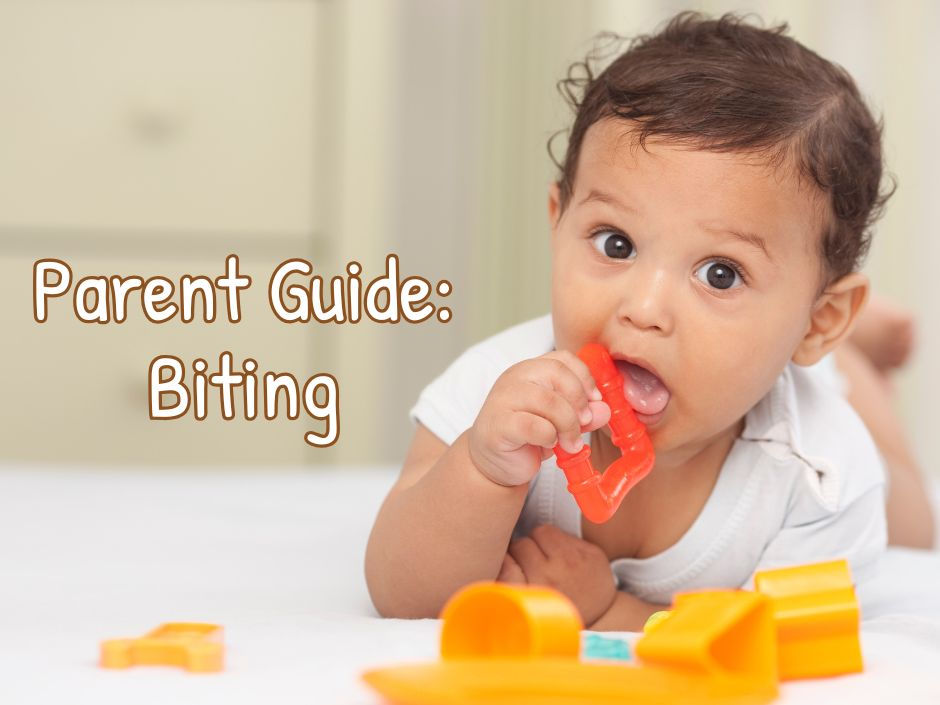Parent’s guide to self-regulation
- emilias918
- Jan 18, 2024
- 2 min read

This week we discuss what is self-regulation, how to support it at home and more, check it out below!
Imagine this: friends take their 4 year olds to a toy store but the toys that the children wanted are sold out.
One of the children has a meltdown, taking 20 minutes to calm down. The other reacts very differently – after a few minutes of disappointed silence, they ask if it’s okay to pick out a different toy.
But what made one child cope better than the other? The child was able to self-regulate their emotions.
Self-regulation is an important skill your little one will develop. It will help them in a variety of ways such as making it easier to develop friendships, persevere in activities, focus on tasks as well as cope with the stresses of everyday life.
As a toddler, your little one will find it difficult to regulate their emotions but over time and with your support they will learn to moderate their feeling and impulses.
There are many processes at work when it comes to self-regulation, but language skills are especially important.
This is because there is a link direct between language skills, thinking and self-expression – so the reason why most 2 year olds find self-regulation difficult is that their language skills aren’t fully developed.
Routines are useful when supporting your little one’s development of self-regulation. Routines give children a sense of stability, this is why nurseries often have these in place.
These routines protect children from feeling stressed and so in the earlier years help them to self-regulate more easily.
Children also learn self-regulation by observing and copying adults. If you can show self-control and stay calm when facing frustrations, you’ll be in a better position to help your little one. As they grow, you can also help them learn strategies to help them control their emotions.
It’s important to remember that being tired makes self-regulation difficult both for children and adults. This is why naps are important for your little one, particularly if they’re under 3 years old.
If your child has a good sleep routine, they are more likely to find it easier to show good self-regulation skills.

Top tips for supporting your little one in developing self-regulation skills
There are times when children can’t always be first, be chosen to do something or have the first thing they see. Not being able to have what you want is a major life lesson they’ll be learning.
Distractions! A useful strategy for both children and adults when it comes to self-regulation is distraction.
Taking things step-by-step is also a good way to help your little one develop self-regulation. This can apply to tasks like planting seeds, crafting something together or baking. This will help your little one learn to persevere in activities.
Your expectations should be consistent. It’s particularly important that they learn that boundaries don’t move because they have a tantrum.
Finally, it can be beneficial to think ahead.
Additional Resources




Comments